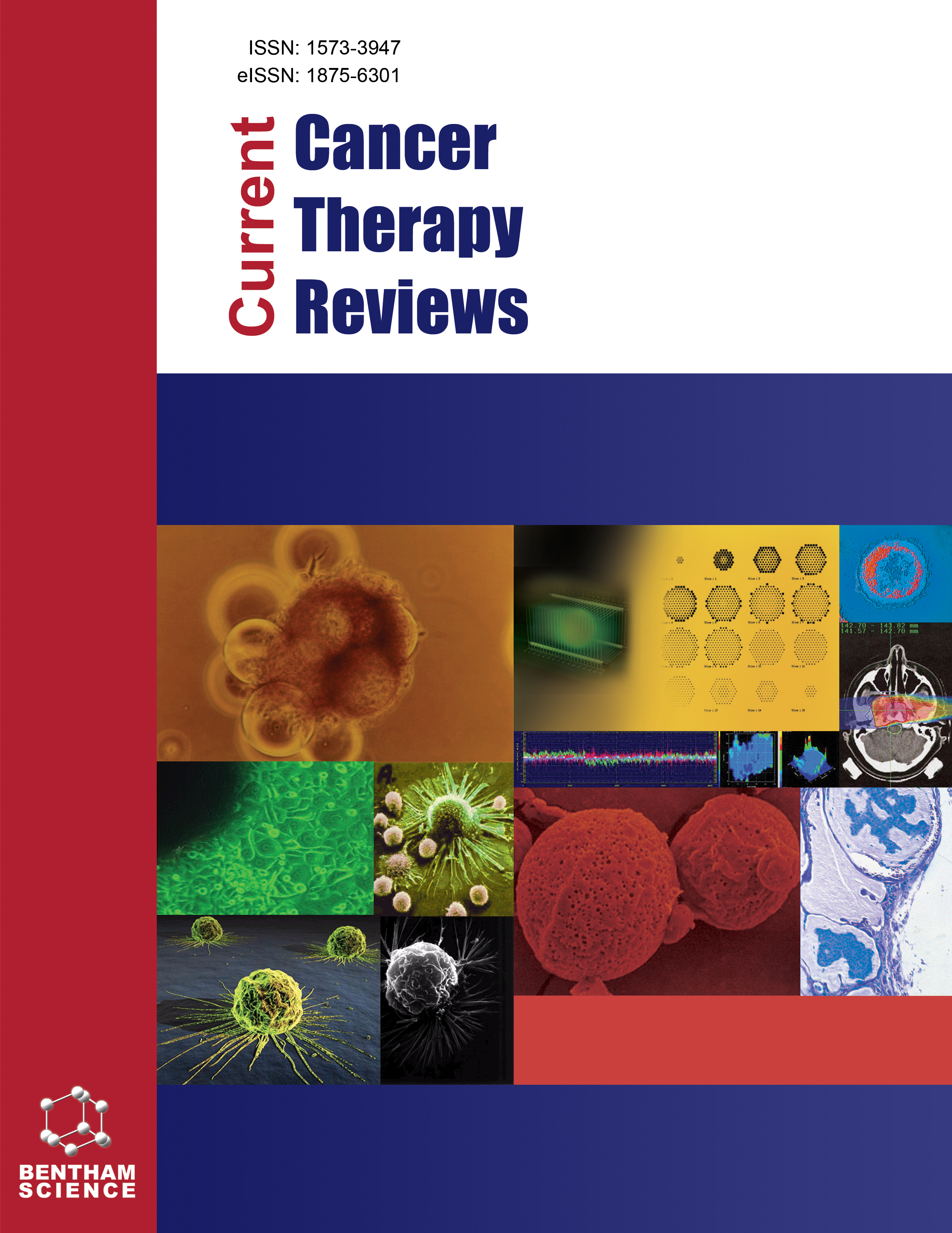
Full text loading...

Cancer-associated venous thromboembolism (VTE) presents a complex clinical challenge, with the need to balance effective anticoagulation against the risk of bleeding. Direct oral anticoagulants (DOACs) offer convenience but their efficacy and safety in this context remain debated. This systematic review and meta-analysis endeavor to evaluate the effectiveness and safety of DOACs in managing VTE associated with cancer. The findings offer essential perspectives to guide clinical decision-making.
We performed an exhaustive search across electronic databases such, as PubMed, EMBASE, and the Cochrane CENTRAL, spanning from their inception to December 15, 2023. Only English-published articles evaluating the effectiveness and safety of DOACs in managing cancer-associated VTE were considered. Evaluation criteria encompassed recurrent VTE, major bleeding (MB), clinically significant non-major bleeding (CSNMB), and clinically relevant bleeding (CRB). Statistical analyses were conducted utilizing Comprehensive Meta-Analysis software.
From the 1195 records, 8 studies with 3913 patients were included. DOACs demonstrated a significant reduction in recurrent VTE risk (OR: 0.73, CI 95%: 0.57-0.93, p =0.01) compared to traditional anticoagulants. However, there was a marginal increase in MB risk (OR: 1.24, CI 95%: 0.90-1.69, p =0.17) with DOACs, though not statistically significant. Notably, DOACs were associated with a higher risk of CRNMB (OR: 1.64, CI 95%: 1.24-2.17, p <0.001) and CRB (OR: 1.22, CI 95%: 1.00-1.52, p =0.04). No publication bias was observed. Gastrointestinal cancer, Rivaroxaban/apixaban use, switching from dalteparin, improved physical function with DOACs, specific tumor sites, and older age subgroups were predictors for bleeding complications in cancer patients on anticoagulant therapy.
This meta-analysis provides evidence supporting the efficacy of DOACs in reducing VTE recurrence in cancer patients. However, the increased risk of bleeding complications warrants careful consideration in personalized treatment decisions. Ongoing research is necessary to refine therapeutic strategies in this complex clinical landscape.

Article metrics loading...

Full text loading...
References


Data & Media loading...
Supplements